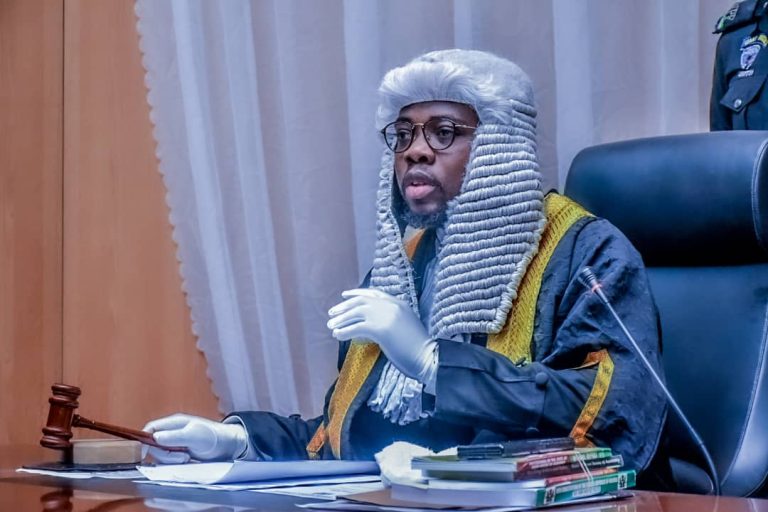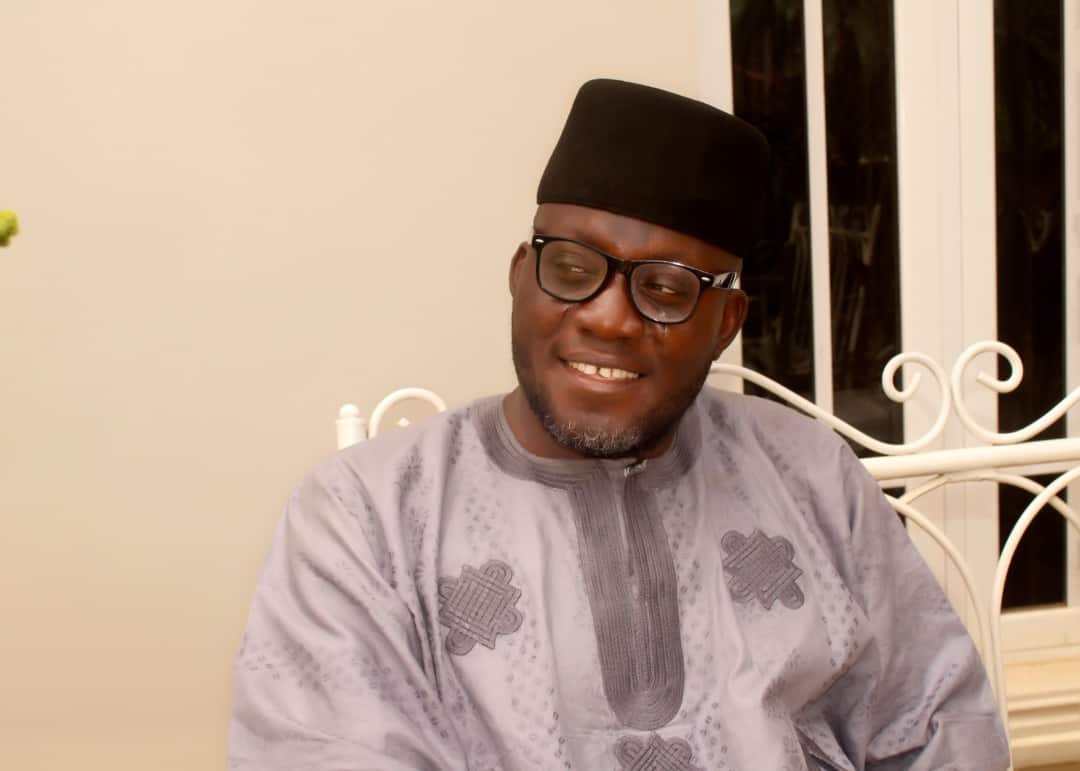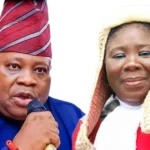Osun House of Assembly and the Declining Standards of Lawmaking




In June, shortly after the inauguration of the 8th Assembly of Osun, I was featured alongside Barr. Niyi Owolade, one of the pioneer members of the state assembly, on the popular political enlightenment program “Frank Talk” on Rave FM. The anchor, Femi Olanipekun, posed questions about the agenda and focus for the new assembly, signaling a patriotic concern for the Osun project and genuine apprehension due to the predominance of newcomers in the business of lawmaking.
As anticipated, Femi delved into the program, posing technical and intricate questions, aiming to educate the new assembly on the challenges ahead and guide them in drawing from past experiences to develop a blueprint and a clear-cut agenda. The newly elected speaker, Rt. Hon. Adewale Egbedun, lacking a legislative background, was at the center of this concern.
Barr. Niyi Owolade went historical on the landmark feats recorded by the first assembly of Osun. Most remarkable and memorable was their bold step taken through a house resolution to visit the late Chief MKO Abiola shortly after the annulment of the popular June 12, 1993, presidential election, an action that triggered other states’ assemblies to follow suit. It was one decision that created tension in the military camp because of the political weight of their decision.
I urged the new assembly to promptly engage in result-oriented oversight functions beyond government establishments. This approach would expose them to realities crucial for formulating laws that promote good governance in the state.
In a democracy, the legislature, by constitutional creation, is the pivot on which the other arms of the government are placed, therefore, the fall of the parliament automatically translates to the collapse of any democratic government. Apart from this, the constitution also provided the power and functions for the legislature to include lawmaking and oversight in addition to their core duty of representation. Other things outside these are secondary.
Meanwhile, developments emanating from the State House of Assembly since its inauguration in June are pointing to a sharp decline from the standard of practice of a properly conducted legislative house and this calls for concern by patriotic citizens and quick rescue by all critical stakeholders. Presently, the legislative arm of government in Osun is heading to a drift as the standard is gradually getting lowered, values are being compromised and there is an obvious departure from the established norm and procedure of conducting a serious and productive legislative business. There’s a need for quick rescue otherwise, it will cause a total collapse of the standard and institutionalize mediocrity.
In the 6th assembly, a visit to the chamber either during plenary or committee hearing will reveal the presence of men of sound legislative minds. They were seasoned thoroughbreds who knew and understood their core duties. It was a house dominated majorly by professionals of different backgrounds who were grounded and established in their fields of call. Determined and focused, they never swayed in their core function. The debates were always referenced by either the Constitution or House standing orders and rules. From the Speaker, Rt. Hon. Najeem Salaam to his deputy, Hon. Akintunde Adegboye, other principal officers, and various committee chairmen, it was a house that defined the real business of lawmaking. There was a healthy competition among the committees to deliver on their tasks. The house was always in the news for positive reasons.
As a lover of the institution of the legislature and a stakeholder, I have been following with keen interest, the activities of the current 8th assembly since its inauguration in June both on social and electronic media, and my honest conclusion after its midterm assessment was that there’s an urgent need to rescue the institution of lawmaking from its present situation of gradual decline and place it on the proper platform that will promote the established standard, core functions and ideals. This will require quick intervention of the stakeholders and the general public as the present situation is unhealthy for continuous relevance as a very important arm of government saddled with constitutional responsibilities.
With his announcement to the public in his speech on the inauguration day expressing his determination to review most of the existing laws, the Rt. Hon.Wale Egbedun-led house started her legislative business on a controversial note. He opted to focus seriously on non-essentials which openly exposed his inexperience and little understanding of the tasks ahead of him. He adopted another version of a big stick-wielding team captain in a typical fashion of Mr. Governor’s executive orders. It was proof of non-preparedness.
My findings revealed that so far so good after 180 days of the current assembly, there has been no executive bill assented to by the governor apart from the state anthem, crest, and flag amendment bill 2023 which caused the reversal of the name of the state to Osun state and abolished the use of the state flag and crest leaving the state anthem at the insistence of the public. Apart from this, no other bill has received the governor’s assent. It was a bad score on the mid-term performance assessment of the House and it raised questions about whether the House is not aware of a critical aspect of its core duty or whether no government program or policy requires legislative backing.
Also, I discovered that there has been frivolous sponsorship and passage of private member bills by the Assembly, an indication of an obvious lack of understanding of the procedure and practice of lawmaking. Private members’ bills with very funny titles were introduced and passed and in most cases without consideration for determinant factors such as the constitutional implication, concurrent or exclusive status, economic implication, and execution if it eventually becomes an act.
By standard, most of the bills sponsored by the members should have passed for ordinary resolution through a properly articulated motion on the floor of the house. They seem not to understand that by practice, motions do solve matters more quickly than bills.
To be continued…


Nurein Adebisi, a former students’ union leader and rights activists, was a member of the state of Osun house of assembly between 2015 – 2019 where he represented Ede South state constituency. He served as the chairman house committee on Lands, urban and physical planning and deputy chairman works.
After his tenure in the state assembly in 2019, he took up an appointment as a legislative aide in the National assembly where he continued to deploy his acquired legislative experience to various legislative works in the house of representatives.










